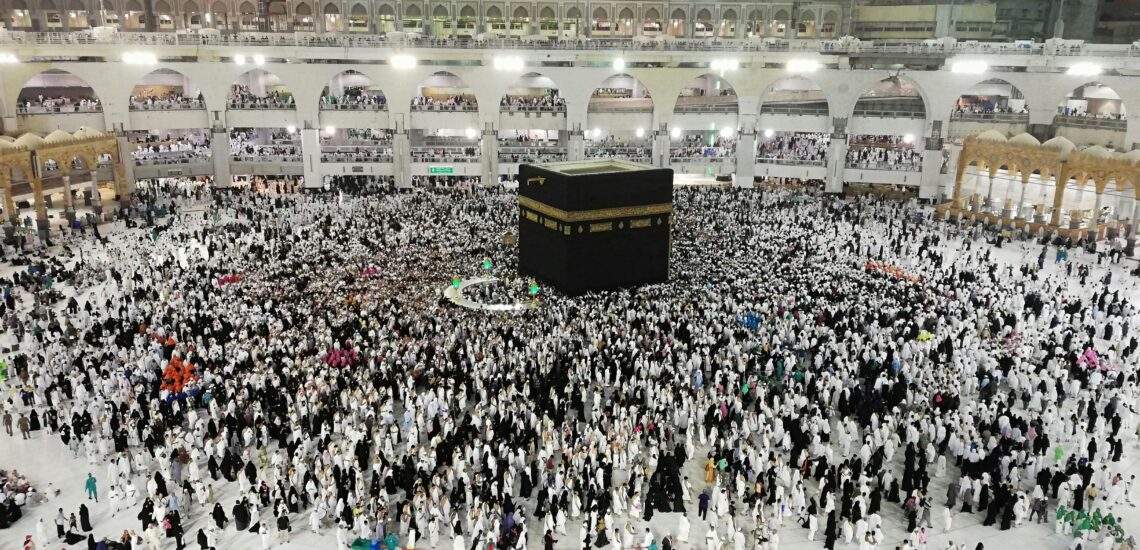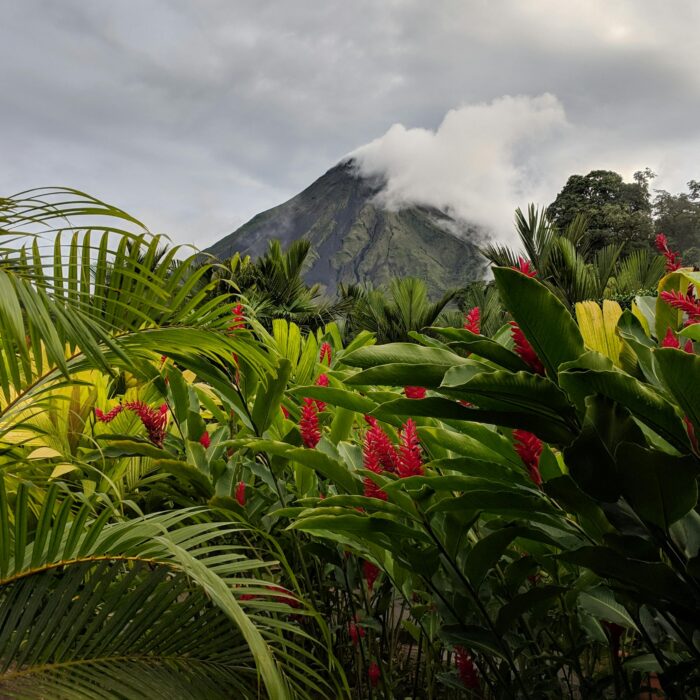Quick facts about Saudi Arabia:
- Population: Approximately 35 million people.
- Capital: Riyadh.
- Largest City: Riyadh.
- Official Language: Arabic.
- Currency: Saudi Riyal (SAR).
- Government: Unitary absolute monarchy.
- Major Religion: Islam, predominantly Sunni; Saudi Arabia is the birthplace of Islam and home to its two holiest cities, Mecca and Medina.
- Geography: Located in the Middle East, bordered by Jordan, Iraq, and Kuwait to the north, Qatar, Bahrain, and the United Arab Emirates to the east, Oman to the southeast, Yemen to the south, and the Red Sea and Arabian Gulf to the west and east, respectively.
Fact 1: Saudi Arabia the birthplace of Islam
Saudi Arabia is recognized as the birthplace of Islam, the world’s second-largest religion. It is home to the two holiest cities in Islam: Mecca and Medina. Mecca is where the Prophet Muhammad was born around 570 AD and where he received the first revelations that would form the Quran. Every year, millions of Muslims from around the world travel to Mecca to perform the Hajj pilgrimage, one of the Five Pillars of Islam.
Medina, another sacred city, is where Muhammad established the first Muslim community after his migration from Mecca, known as the Hijra, and where he was eventually buried. These cities are central to Islamic history and continue to play a vital role in the spiritual lives of Muslims globally.
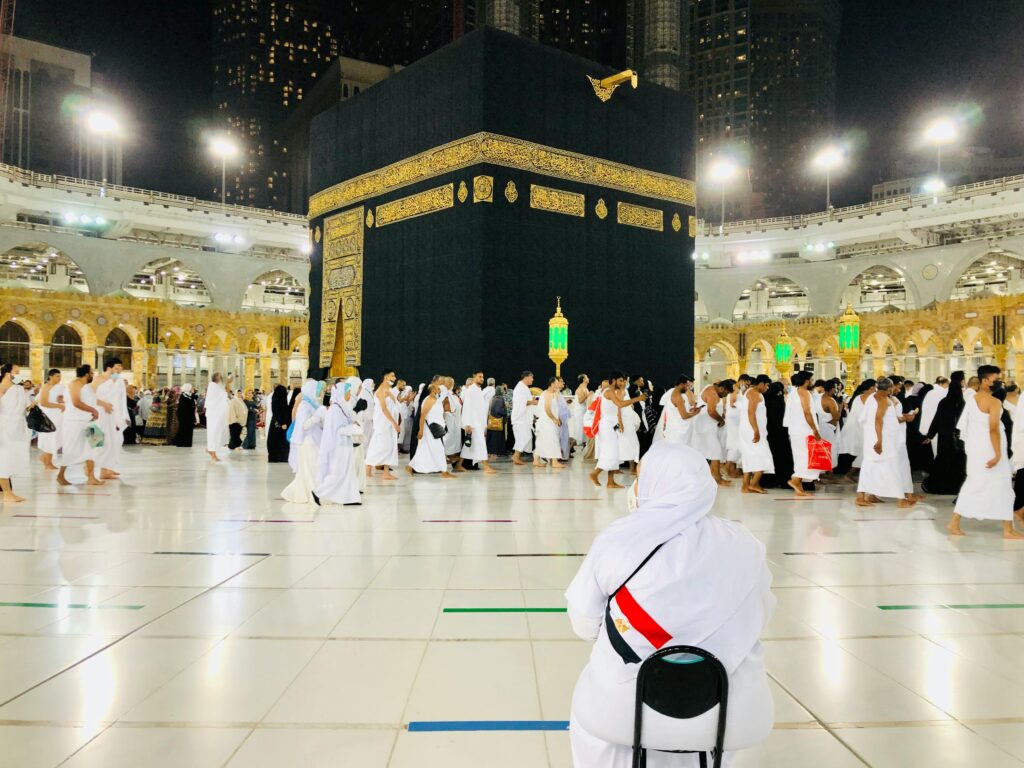
Fact 2: Saudi Arabia has plenty of sand, but it’s not suitable for construction
Saudi Arabia is famous for its vast deserts, like the Rub’ al Khali, or Empty Quarter, which is the largest continuous sand desert in the world. However, despite the abundance of sand, much of it is actually unsuitable for construction purposes.
The fine grains of desert sand, shaped by wind erosion, are too smooth and rounded to effectively bind with cement in concrete. This lack of grip makes it challenging to use for building strong, stable structures. Instead, construction projects in Saudi Arabia typically rely on sand from riverbeds or coastal areas, which has coarser, more angular grains that better suit construction needs. As a result, even in a desert-rich country like Saudi Arabia, suitable construction sand must often be sourced elsewhere.
Fact 3: Women have only recently been allowed to drive
This landmark change occurred in June 2018, when the Saudi government officially lifted the decades-long ban on female drivers.
Before this, Saudi Arabia was the only country in the world where women were not permitted to drive. The decision to allow women to drive was part of Crown Prince Mohammed bin Salman’s broader Vision 2030 initiative, aimed at modernizing the country and diversifying its economy. The move was widely celebrated both within the country and internationally, as it represented a step toward greater gender equality and increased independence for women in Saudi society.
Since the lifting of the ban, many women have obtained their driver’s licenses, gaining the freedom to drive themselves to work, school, and other daily activities, which has had a profound impact on their mobility and economic participation.
Note: If you plan to visit the country, check if you need an International Driving Permit in Saudi Arabia for renting and driving.

Fact 4: Saudi Arabia is the largest country without a river system
Despite its vast size, covering approximately 2.15 million square kilometers (830,000 square miles), the country has no permanent rivers or natural freshwater bodies. This lack of rivers is due to its predominantly arid and desert climate, which does not support the sustained flow of water that forms rivers.
Instead, Saudi Arabia relies heavily on other sources for its water needs, including underground aquifers, desalination of seawater, and, in some regions, seasonal wadis—dry riverbeds that can temporarily fill with water during rare rainfalls. The absence of a river system has significantly influenced the country’s water management strategies, making water conservation and efficient use critical to sustaining its population and development.
Fact 5: Oil is the backbone of the Saudi economy
The discovery of vast oil reserves in the 1930s transformed the country from a largely desert kingdom into one of the world’s leading oil producers and exporters.
Saudi Arabia is home to approximately 17% of the world’s proven petroleum reserves, and oil revenues make up a significant portion of the country’s GDP—often around 50% or more. The national oil company, Saudi Aramco, is not only the world’s largest oil producer but also one of the most valuable companies globally.
This reliance on oil has shaped Saudi Arabia’s economic policies, international relations, and development strategies for decades. However, recognizing the volatility of oil markets and the need for economic diversification, the Saudi government has launched Vision 2030, an ambitious plan to reduce the country’s dependence on oil, expand other sectors like tourism and technology, and create a more sustainable economy for the future.
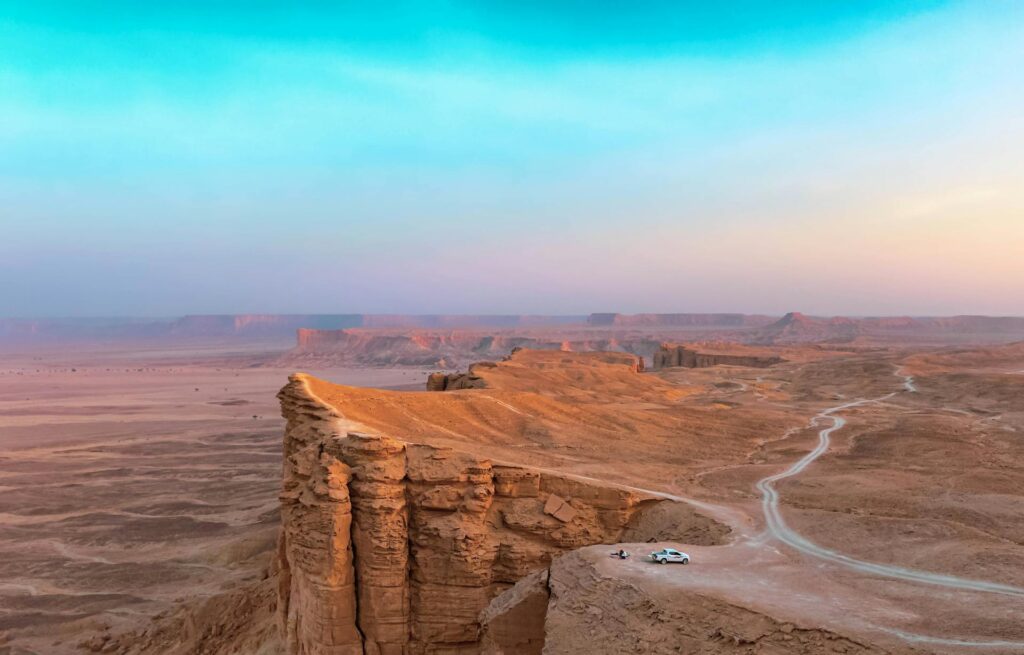
Fact 6: Religion is an important part of life in Saudi Arabia
In Saudi Arabia, only Muslims are permitted to enter the holy city of Mecca, where millions of Muslims from around the world gather annually for the Hajj pilgrimage, a central pillar of Islamic practice.
Additionally, Saudi Arabia’s citizenship laws reflect its strong Islamic identity. Non-Muslims are not eligible for citizenship. This religious exclusivity highlights the importance of Islam in shaping the nation’s identity and policies, influencing everything from legal frameworks to social norms.
Fact 7: Saudi Arabia has 4 UNESCO World Heritage sites
One of the most notable sites is Al-Hijr (Madain Salih), the first World Heritage site in Saudi Arabia, recognized in 2008. This ancient city was once a major trading hub of the Nabataean Kingdom and features well-preserved rock-cut tombs and intricate facades carved into sandstone cliffs.
Another significant site is the At-Turaif District in ad-Dir’iyah, the original seat of the Saudi royal family and the birthplace of the Saudi state. Located near Riyadh, it is known for its distinctive Najdi architecture and played a crucial role in the history of the Arabian Peninsula.
Historic Jeddah, the Gate to Mecca, is another UNESCO-listed site, recognized for its unique blend of architectural styles and its historical importance as a major port city on the Red Sea, serving as the gateway for Muslim pilgrims traveling to Mecca.
Lastly, the Rock Art in the Hail Region includes ancient carvings and petroglyphs that date back thousands of years, offering insights into the lives and beliefs of early inhabitants of the Arabian Peninsula.
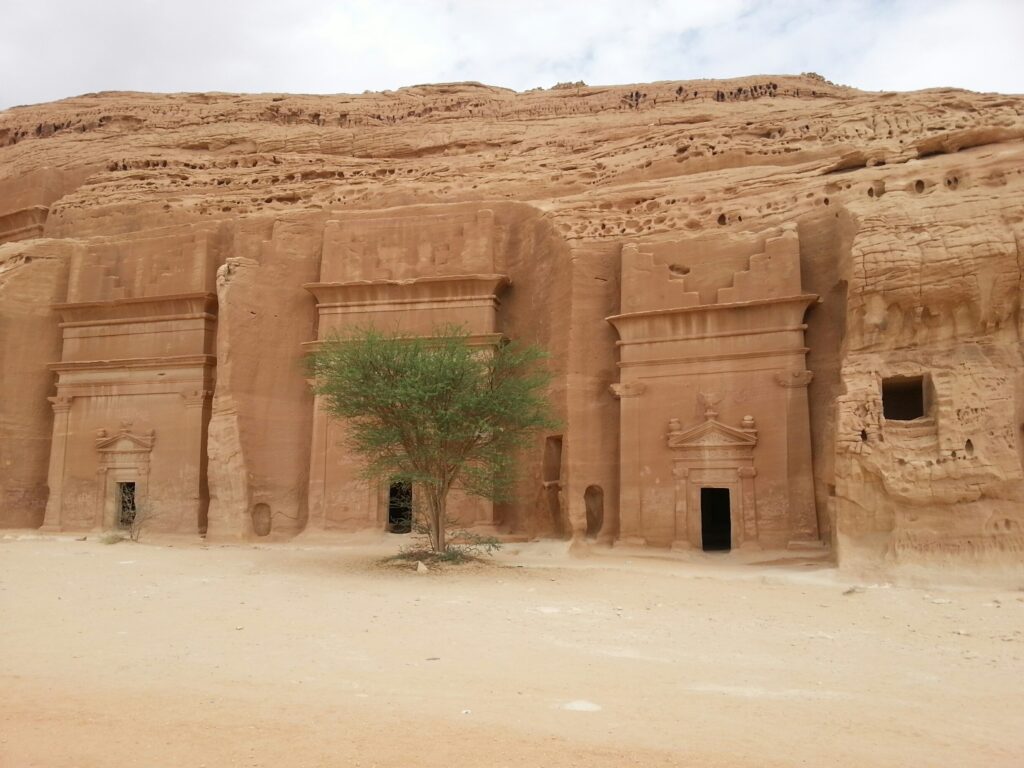
Fact 8: In Saudi Arabia, construction of the tallest building has begun
In Saudi Arabia, the construction of what is planned to be the world’s tallest building, the Jeddah Tower (formerly known as the Kingdom Tower), is an ambitious project that has drawn significant attention. Standing at an anticipated height of over 1,000 meters (approximately 3,280 feet), the Jeddah Tower will surpass the current tallest building, the Burj Khalifa in Dubai.
A remarkable aspect of this project is that it is being constructed by the Saudi Binladin Group, a major construction firm owned by the family of Osama bin Laden. Despite the infamous connection, the Binladin family has long been one of the most prominent business families in Saudi Arabia, deeply involved in many of the country’s largest construction projects.
Fact 9: Saudi Arabia boasts the largest camel market in the world
Camels have been integral to Arabian life for centuries, serving as essential transportation and companions in the desert.
Beyond their traditional roles, camels continue to play a vital part in Saudi life today. Camel markets are vibrant centers of trade, where these animals are bought and sold for purposes ranging from racing to breeding. Additionally, camel meat is a traditional food in Saudi Arabia, enjoyed for its unique taste and cultural value. It is often prepared in various dishes, particularly during special occasions and feasts, continuing the long-standing culinary tradition in the country.
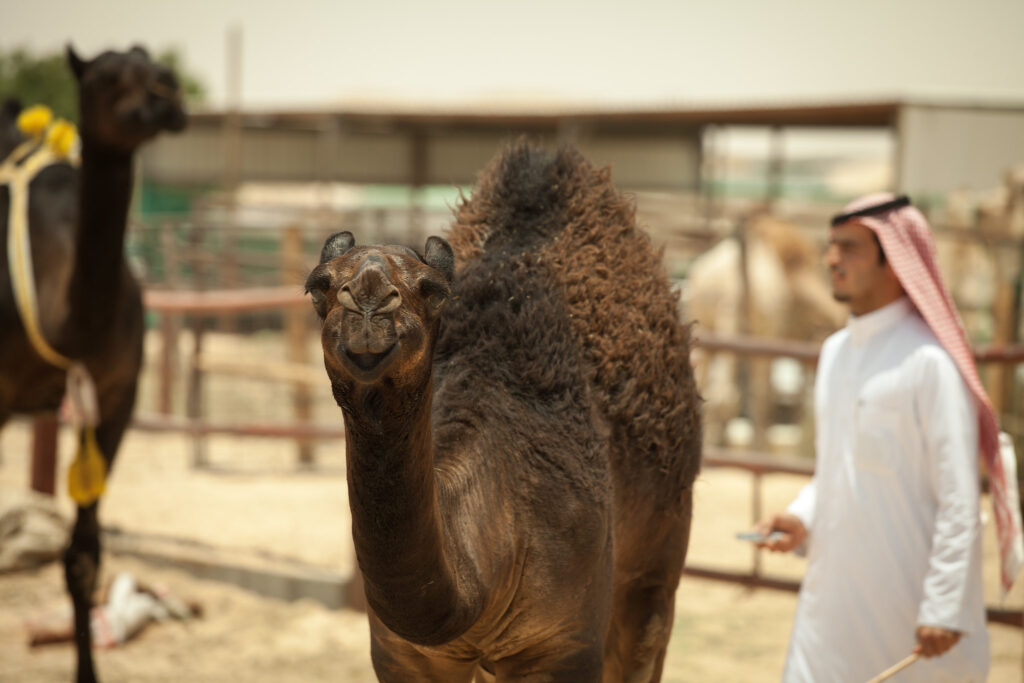
Fact 10: Fossils of giant mushrooms found in Saudi Arabia
In Saudi Arabia, fascinating fossil discoveries have been made, including the remains of giant mushrooms. These fossils, found in the country’s sedimentary rock formations, date back around 480 million years, during the late Cambrian period.
The discovery of these ancient fungi provides valuable insights into the early life forms that existed long before the dinosaurs. The size and structure of these giant mushrooms indicate a vastly different ecosystem compared to today’s world, suggesting a more diverse range of prehistoric life.

Published August 18, 2024 • 7m to read

